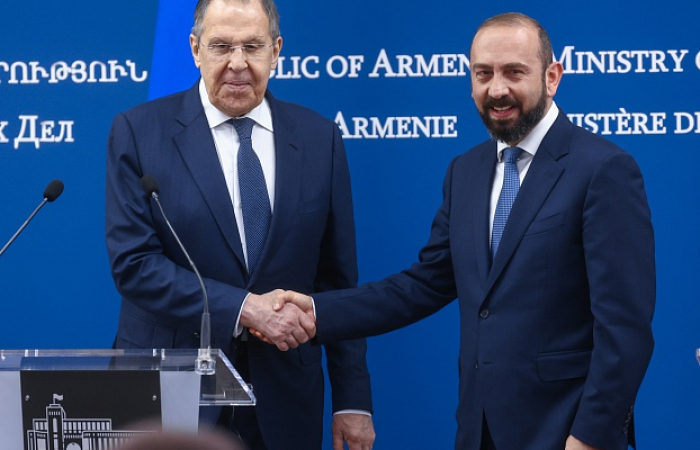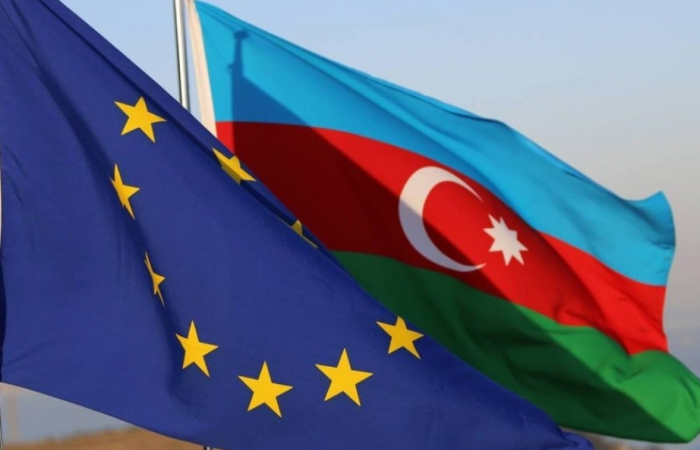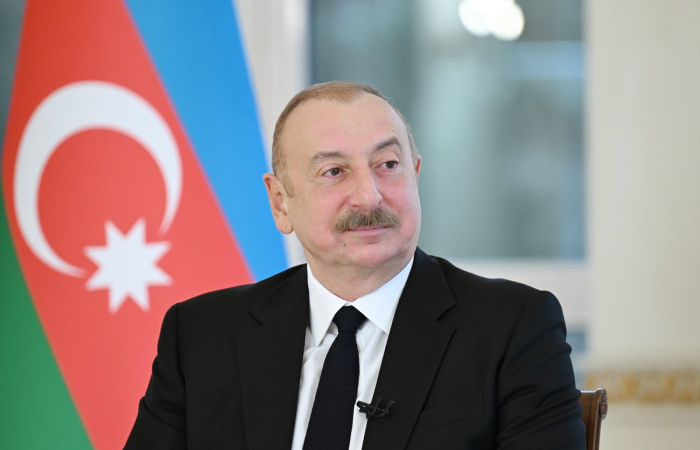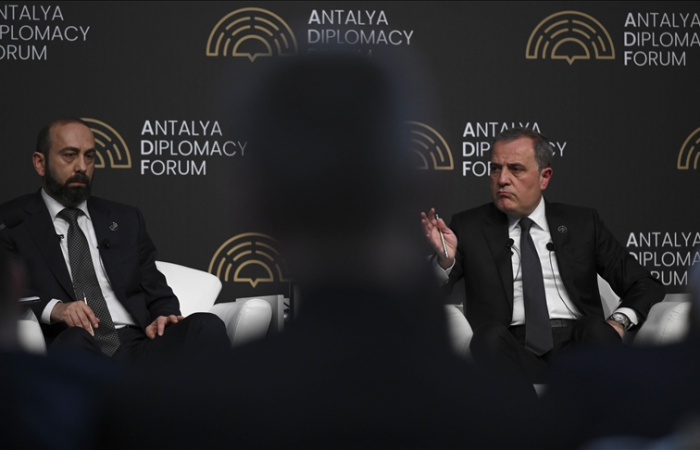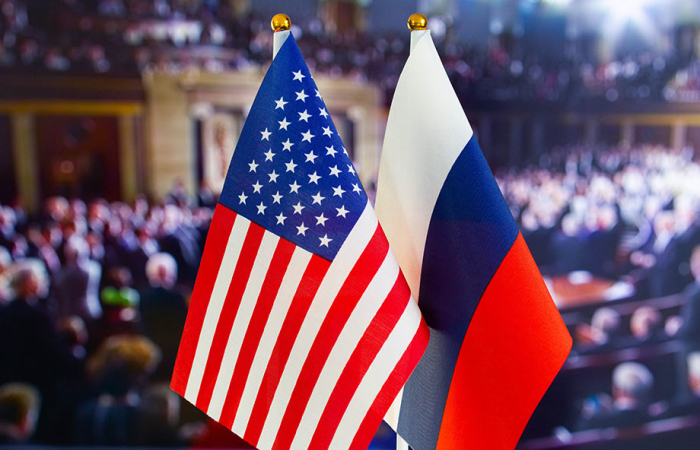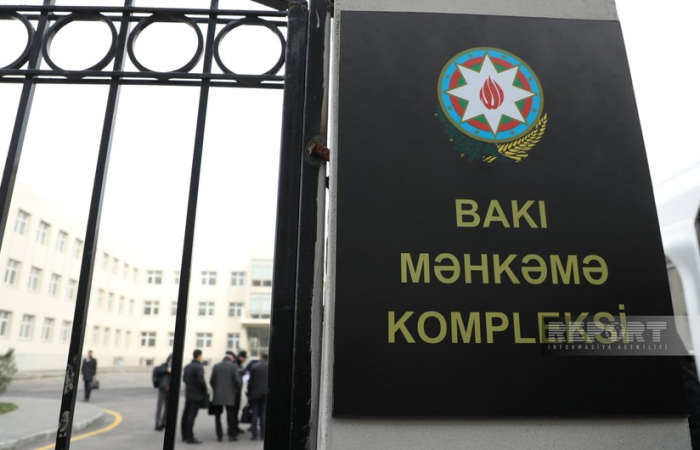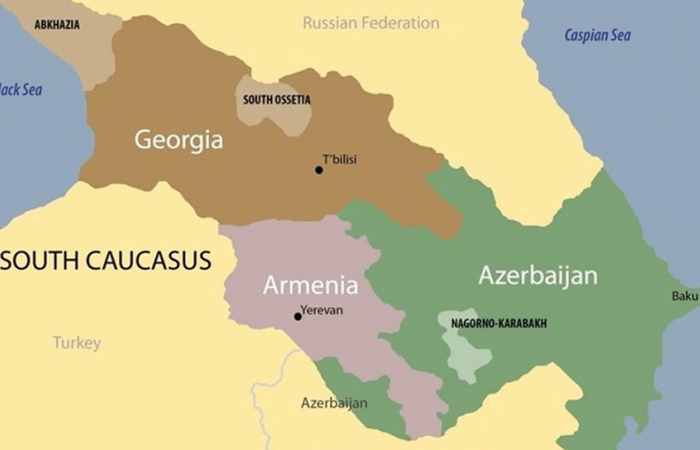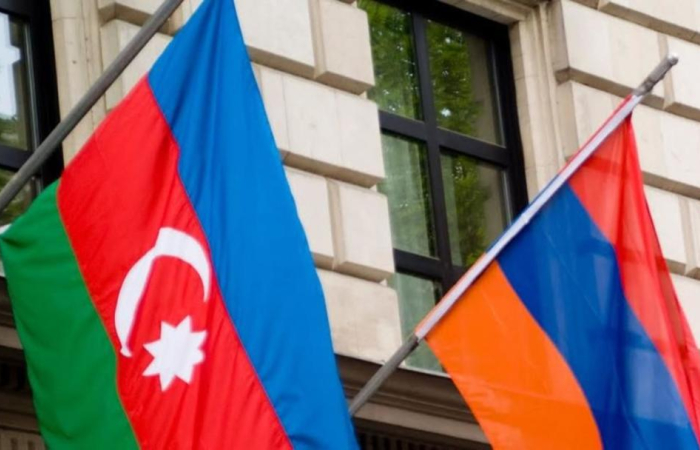Trending
Russia Aims to Strengthen Armenia Ties Amid Stagnating Relations with Azerbaijan
30 May 2025
On May 20–21, 2025, Russian Foreign Minister Sergei Lavrov’s visit to Yerevan marked a significant moment in the evolving dynamics of Armenia–Russia relations, signaling Moscow’s intent to stabilize and reinforce ties with its long-standing ally in the South Caucasus. Set against the backdrop of deteriorating Russia–Azerbaijan relations following the tragic crash of an Azerbaijani airliner plane on December 25, 2024, the visit highlighted Russia’s delicate balancing act in a region where its influence is increasingly contested. Lavrov’s talks with Armenian leaders focused on reaffirming bilateral commitments within the frameworks of the Collective Security Treaty Organization (CSTO) and the Eurasian Economic Union (EAEU).



